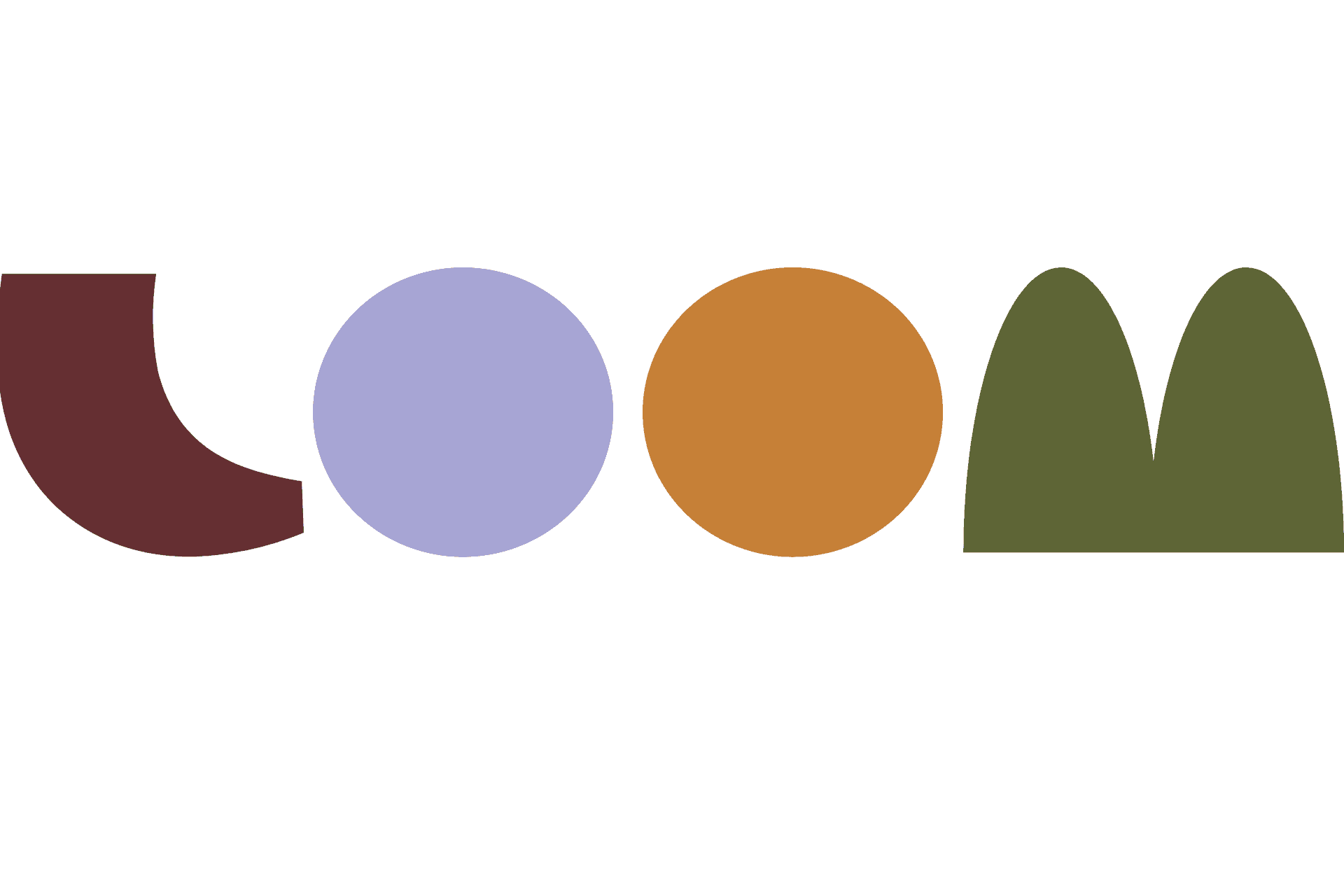The shift to digital has accelerated for many startups since the start of the year, largely down to the fact the pandemic has kept us inside with only our WiFi connections to keep us sane.
But for educational platforms offering information around sexual healthcare, this shift to an online-focused offering has improved access for people who might not otherwise be able to attend events offline, due to geographical or economic status.
It’s often women who are subject to a chronic lack of resources when it comes to sexual and reproductive healthcare, there is an increasing need for companies to step into the digital space to provide affordable and evidence-based information thus improving access. Loom is trying to address that.
Founded in 2016, the LA-based startup was set up to “provide comprehensive sexual and reproductive health education” for women and BIPOC of all ages. Co-founded by former doula Erica Chidi and health educator Quinn Lundberg, Loom now has 10 investors – five times as many than it has staff members. The funding rounds have been led by Slow Ventures, and include General Catalyst and Maveron backing the firm more recently.
The startup has just received $3 million of seed funding to build a digital platform that will help women access services online. The LA-based company previously only held in-person classes from its Los Angeles base, on topics ranging from pregnancy to periods to the menopause.
Its digital offering will initially focus on pregnancy and postpartum issues, but the funding boost means there is a lot of scope to cover more on its new, fully-fledged online platform.
Chidi is the first black woman to raise more than $1m in funding since 2017. Just 0.06% of all tech ventures that have received venture capital since 2009 have black female CEOs at the helm, according to biennial demographic study Project Diane.
Loom is also B-Corp certified, meaning it meets the standards required to be classified as a company that makes a positive impact on both people and policy.
The funding success marks a shift we’re seeing in the sextech space where ethically-minded, inclusive, sex-focused health tech startups are increasingly receiving interest from investors.
“We want to build a product that is emotionally agile and delivers literacy in a way that can exist inside of the product and outside of the center. We want it to become a part of people’s lifestyle, not just another online class you are taking. When women have a deeper understanding of how their body works, they feel empowered throughout their life,” Chidi told Crunchbase:
The co-founders wrote in a recent Instagram post: “In the coming months will be rolling out a brand new, first-of-its-kind educational platform for women’s sexual and reproductive health. It’s the kind of education we’ve always dreamed about creating and the kind of education we believe needs to exist in the world.”
Read Next: Why sextech has embraced sex education


